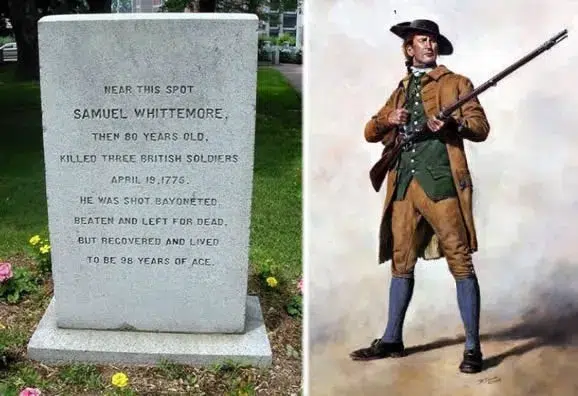This tweet became quite popular in the writing community, which I understand. It makes me happy, too. But it’s not as if this Twitter user is stating anything particularly profound.
Everyone knows that writers are truly the sexiest people alive.
Right, Elysha?

But in answer to the question, “I don’t know why every person out there isn’t dating a writer?” the answer is quite simple:
There aren’t enough of us to go around. For every incredibly lucky and divinely blessed Elysha Dicks, there are hundreds, if not thousands, of unfortunate souls out there, forced to settle for the likes of attorneys, carpenters, botanists, and super models.
Imagine having to marry a botanist… My worst enemy doesn’t deserve that.
But rather than fighting over the limited supply of writers on this planet, the more logical choice would be to simply make more writers.
More sexy people for the masses.
But in order to do so, schools would need to do something that has thus far proven to be impossible for many:
Inspire kids to write. Make writing fun. Instill a love for writing in students.
The problem is that most teachers don’t actually write themselves. Other than emails, grocery lists, and quips on social media, the vast majority of teachers haven’t written fiction, poetry, personal narrative, or essays in years. Probably not since college. And the folks designing the curriculum don’t actually write fiction, poetry, personal narrative, or essays, either, so most of writing instruction is predicated on what non-writers think actual writers do, which is almost never correct and often tragically counterintuitive.
They imagine what real writers do on a daily basis, and that is what and how they teach. Instead of engaging in the very process for which they are designing and delivering instruction, they pretend to know something about the writing process and teach that instead.
As a result, kids often lose their love for writing or never find it to begin with.
This is why we lack enough sexy people to go around. This is why Americans are forced to date botanists.
A few years ago, I was teaching storytelling at a summer camp run by Miss Porter’s, an all-girl’s school here in Connecticut. I had just taught the girls a few strategies for personal narrative and asked them to “Find a quiet spot and see what you can do.”
One of the girls approached me and asked, “Is it okay if I just think first?”
“Of course,” I said. “Why would you ask that?”
She sighed. “My English teacher tells me that I need to think at the end of my pen.”
I stared at her, trying to understand the meaning behind this bizarre collection of words. “Think at the end of your pen?” I asked. “What does that even mean?”
“It means that if I need to think, I need to be writing at the same time, too. I can’t just sit and think. I need to always be writing something.”
I couldn’t believe it.
“Listen to me,” I said. “Writers spend enormous amounts of time just thinking. We stare at the screen or the page. We stare at the clouds. We stare at our cats. You can think as much as you want, as long as you want. If you spend the entire day thinking about writing but never commit a word to the page, that’s fine, because that is part of the writing process.”
She was so damn happy. This was a writer who was being denied the opportunity to engage in the writing process in an authentic, productive, necessary way.
“Think at the end of your pen” are the words of a teacher who does not write.
I could write a book about all the bizarre, inane, counterproductive, nonsensical, and ridiculous things that student writers are asked and required to do on a daily basis. The list is long, and the results of disastrous. All of this leads to generation after generation of students who don’t love (or even like) to write, which leads to adults who never write anything of substance, which leads to the real problem in our country:
Not enough sexy people.
Not a problem for Elysha Dicks, of course, as well as the lucky ones who manage to find their own writers, but for the masses, this represents a disaster.
Maybe I will write that book someday. Not only for the kids, who deserve better writing instruction, but also for those who deserve better than attorneys, carpenters, super models, and yes, botanists.









